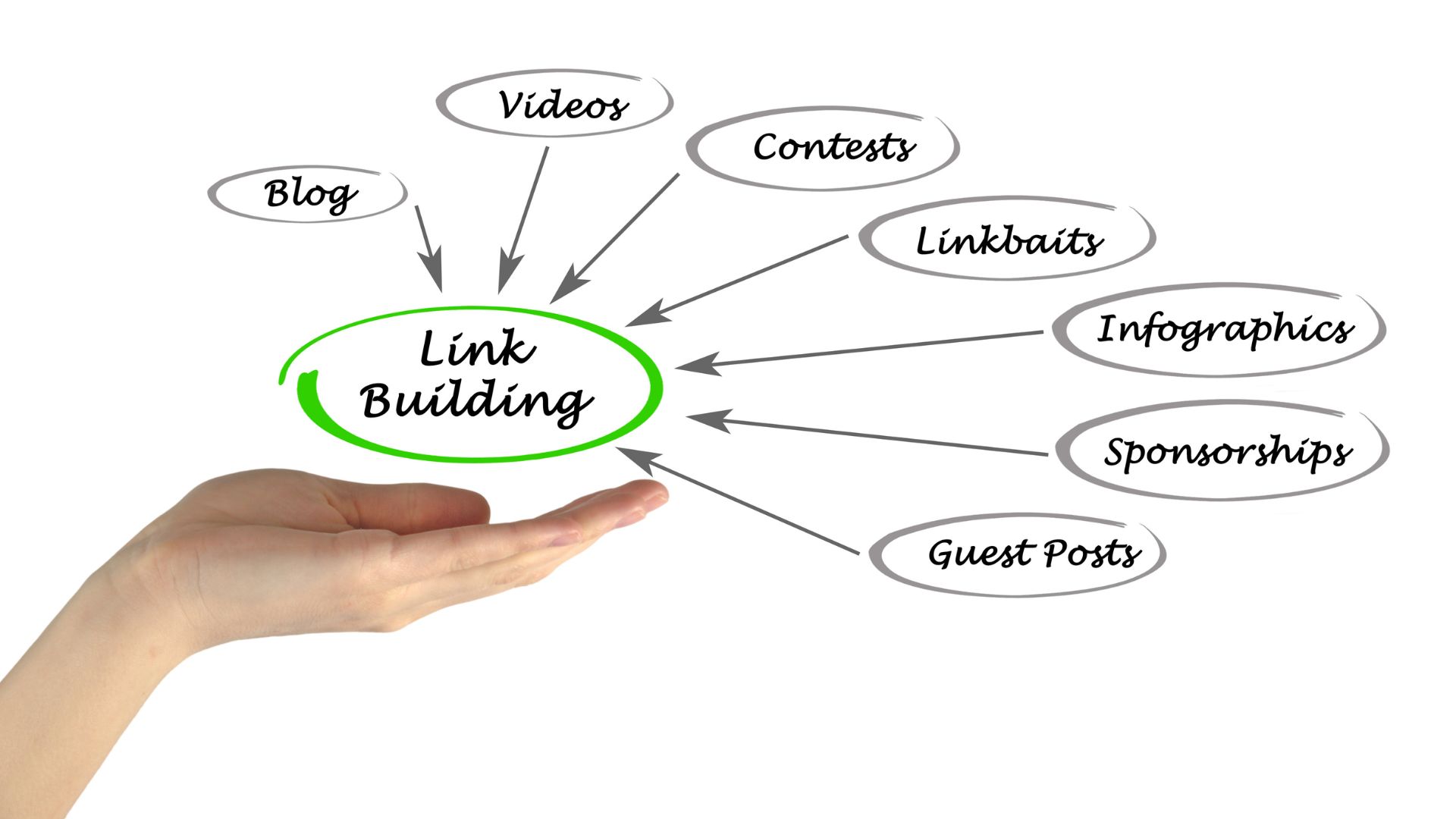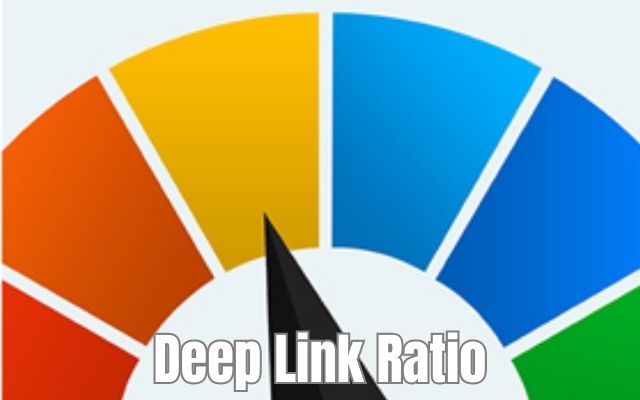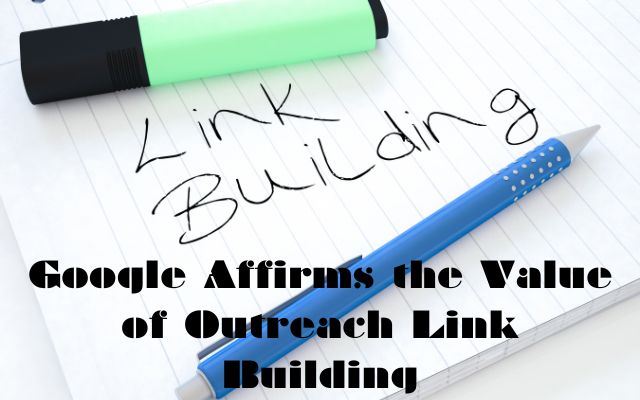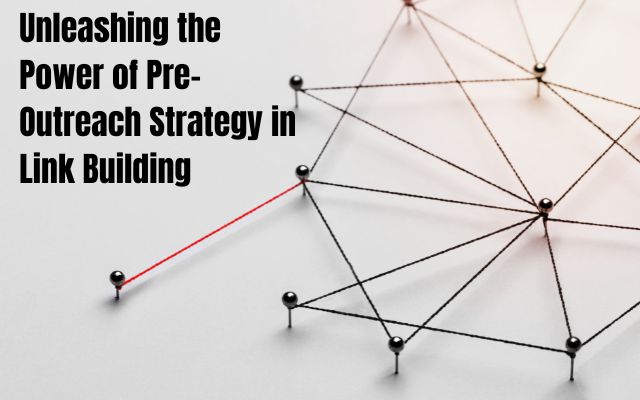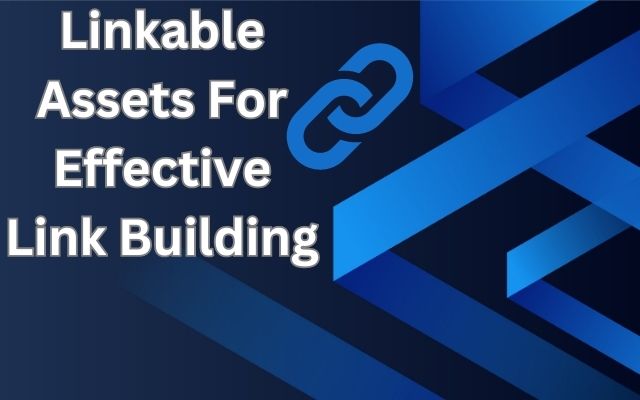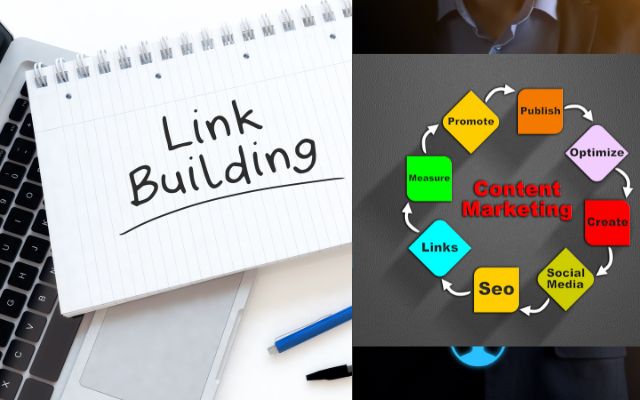Unlocking Lost Opportunities: A Guide to Link Reclamation for Boosting Your Online Presence
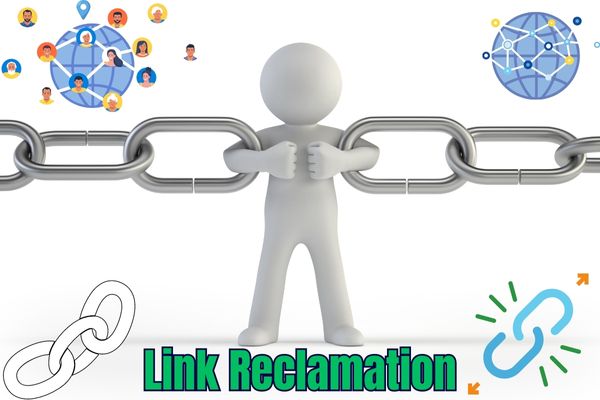
Link reclamation is a vital strategy for improving your website’s SEO and enhancing your online presence.
In the world of search engine optimization (SEO), link building has long been a key factor in improving a website’s search engine ranking. However, not all links are created equal, and some can actually harm your website’s ranking if they come from low-quality or spammy sources.
This is where link reclamation comes in – the process of finding and reclaiming links that were once pointing to your website but have since been lost, broken, or removed. By identifying and fixing these issues, you can recover lost opportunities and boost your online presence.
Important of Link Reclamation
Link reclamation is an essential practice for several reasons:
- Maximizing Existing Mentions: Link reclamation allows you to maximize the potential of existing brand mentions or content references. When other websites mention your brand without linking back to your site, you miss out on the opportunity to drive traffic and improve your backlink profile. Reclaiming these lost links helps you harness the full value of those mentions.
- Enhancing Backlink Profile: Backlinks play a crucial role in search engine optimization (SEO). They signal to search engines the credibility and relevance of your website. By reclaiming lost or broken links, you can strengthen your backlink profile. High-quality and relevant backlinks improve your site’s authority and increase your chances of ranking higher in search engine results.
- Boosting Organic Traffic: When your website receives more high-quality backlinks, it tends to attract more organic traffic from search engines. Reclaimed links contribute to this increase by driving traffic from the referring websites or by improving your site’s visibility in search engine rankings. Increased organic traffic can lead to higher engagement, conversions, and overall online success.
- Improving Search Engine Rankings: Search engines consider the quality and relevance of backlinks when determining search result rankings. By reclaiming lost links, you enhance your backlink profile, which can positively impact your search engine rankings. Higher rankings increase your visibility and the likelihood of attracting organic traffic.
- Strengthening Online Presence: Link reclamation strengthens your online presence by expanding your digital footprint. As more websites link back to your content or brand, you gain credibility, authority, and recognition within your industry or niche. A robust online presence can lead to increased brand awareness, customer trust, and business opportunities.
- Nurturing Relationships: The process of link reclamation involves reaching out to webmasters or site owners. This presents an opportunity to establish relationships and connections within your industry. Building these relationships can lead to future collaboration, partnerships, or networking opportunities that further enhance your online presence.
- Protecting Brand Reputation: Link reclamation helps protect your brand’s reputation by ensuring accurate and up-to-date information about your brand is accessible to users. Fixing broken or outdated links prevents visitors from encountering errors or being led to incorrect information. Providing a seamless user experience fosters trust and credibility in your brand.
How to Reclaim link
Here’s a guide to help you get started with link reclamation:
Identify Lost Links
The first step in link reclamation is to identify lost links. There are several tools you can use to do this, including Google Search Console, Ahrefs, and Moz. These tools will help you identify links that are no longer pointing to your website, as well as any broken links.
Determine the Value of Lost Links
Not all lost links are created equal. Some may have been valuable in terms of the authority they passed on to your website, while others may not have made much of an impact. You need to determine the value of each lost link so that you can prioritize which ones to focus on.
Reach out to Webmasters
Once you have identified lost links that are worth reclaiming, you need to reach out to the webmasters of the websites that originally linked to your site. Politely ask them to reinstate the link, and provide any necessary information they may need to do so. You can also offer to reciprocate the link by linking back to their website.
Fix Broken Links
In addition to reclaiming lost links, you also need to fix any broken links that are currently pointing to your website. Broken links can harm your website’s search engine ranking and lead to a poor user experience. Use a tool like Screaming Frog or Broken Link Checker to identify broken links, and then either fix or redirect them.
Monitor Your Progress
Link reclamation is an ongoing process, so it’s important to monitor your progress over time. Use tools like Google Search Console, Ahrefs, and Moz to track changes in your website’s backlink profile and search engine ranking. This will help you identify any new lost links that need to be reclaimed and ensure that your link reclamation efforts are having a positive impact on your online presence.
FAQ
Q: What is link reclamation?
A: Link reclamation is the process of identifying and reclaiming lost or broken links pointing to your website. It involves finding instances where other websites have mentioned your brand or content but haven’t linked back to your site correctly or have linked to pages that no longer exist.
Q: Why is link reclamation important for boosting online presence?
A: Link reclamation is important because it allows you to maximize the potential of existing mentions and mentions that have slipped through the cracks. By reclaiming these links, you can improve your website’s backlink profile, boost search engine rankings, and increase organic traffic, ultimately enhancing your online presence.
Q: How do I identify lost opportunities for link reclamation?
A: To identify lost opportunities, you can use tools like Google Alerts, Mention, or social media listening tools to monitor brand mentions across the web. Look for mentions of your brand or content without proper linking or with broken links that need to be reclaimed.
Q: How should I prioritize my link reclamation efforts?
A: Prioritize your link reclamation efforts by focusing on high-quality websites, influential bloggers, or relevant industry publications. Target opportunities that can generate significant traffic and provide valuable backlinks to maximize the impact of your efforts.
Q: How do I reach out to webmasters or site owners for link reclamation?
A: When reaching out to webmasters or site owners, craft personalized and persuasive outreach emails. Clearly explain the value your content or brand can offer their readers and politely request them to fix broken links or add a link to your website. Provide the necessary information and correct URLs to make it easy for them to take action.
Q: What should I do if I don’t receive a response to my outreach?
A: If you don’t receive a response after the initial outreach, consider sending a follow-up email as a gentle reminder. Some webmasters may overlook or forget to respond, so a follow-up can improve your chances of getting a positive outcome.
Q: How do I monitor the progress of my link reclamation efforts?
A: Monitor the progress of your link reclamation efforts by keeping track of your outreach attempts and the links you’ve requested to be fixed or added. Use tools like Ahrefs, Moz, or Google Search Console to track changes in your backlink profile and analyze the impact of your link reclamation activities.
Q: Is link reclamation a one-time process?
A: No, link reclamation is an ongoing process. New mentions and broken links may appear over time. It’s important to regularly monitor and reclaim these opportunities to continually improve your website’s link profile and enhance your online presence.
Q: What are the benefits of successful link reclamation?
A: Successful link reclamation can lead to a variety of benefits, including improved search engine rankings, increased organic traffic, enhanced backlink profile, stronger online presence, and greater visibility for your brand or content.
Q: Are there any risks or challenges associated with link reclamation?
A: While link reclamation can be highly beneficial, it may come with challenges such as webmasters not responding to your outreach, difficulties in finding contact information for site owners, or disagreements over link placements. It’s important to approach link reclamation with patience, persistence, and a professional attitude.
- Building Stronger Connections: A Comprehensive Guide to Resource Link Building Strategies
- Unlocking the Power of Guest Blogging: Strategies and Tips for Building Your Online Presence
- The Art of Link Building: Strategies and Techniques for Success
- Reaching New Heights: A Comprehensive Guide to the Skyscraper Technique in Link Building
- Rebuilding the Chain: An In-Depth Guide to Broken Link Building for Improved SEO
- Social Signals for Link Building: How to Harness the Power of Social Media for SEO Success
- Building Backlinks and Boosting Engagement: The Power of Comment Link Building
- Mastering the Art of Link Building: Effective Techniques for Boosting Your Website’s SEO
- Mastering Internal Linking for SEO: A Key Strategy for SEO Success
- Mastering DoFollow Links for SEO Success
In summaries,
Link reclamation is an important part of any SEO strategy. By identifying and reclaiming lost links, you can recover lost opportunities and boost your online presence. Remember to prioritize the most valuable lost links, reach out to webmasters politely, fix any broken links, and monitor your progress over time. With these steps in place, you’ll be well on your way to improving your website’s search engine ranking and driving more traffic to your site.


